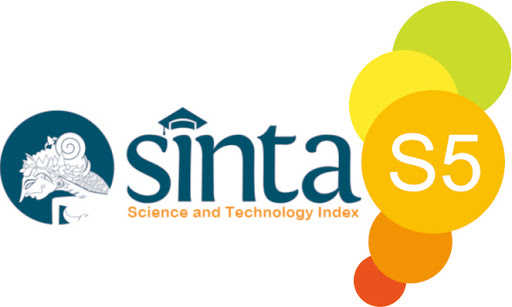TANTANGAN DAN PELUANG PERLINDUNGAN HAK KEKAYAAN INTELEKTUAL DALAM ERA DIGITAL DI INDONESIA
Kata Kunci:
Hak Kekayaan Intelektual, Era Digital, Penegakan HukumAbstrak
Era digital telah menghadirkan transformasi fundamental terhadap sistem perlindungan Hak Kekayaan Intelektual (HKI) di Indonesia. Perkembangan teknologi informasi dan komunikasi telah memperluas akses dan distribusi atas karya-karya intelektual secara lintas batas, namun secara bersamaan memunculkan bentuk pelanggaran yang semakin kompleks dan masif. Karya cipta yang sebelumnya terbatas pada bentuk fisik kini dapat disalin, disebarluaskan, dan dimodifikasi secara digital tanpa izin atau otorisasi dari pemegang hak, yang secara hukum merupakan pelanggaran terhadap hak eksklusif sebagaimana dijamin dalam peraturan perundang-undangan yang berlaku. Fenomena ini memperlihatkan urgensi penyesuaian pendekatan hukum yang tidak semata bersifat represif, melainkan juga adaptif terhadap perubahan struktur sosial digital. Permasalahan utama dalam konteks ini mencakup lemahnya efektivitas penegakan hukum, minimnya kesadaran hukum masyarakat, rendahnya kapasitas institusional dalam pengawasan, serta belum optimalnya integrasi teknologi dalam perlindungan hukum atas hak. Meski demikian, perkembangan digital juga memberikan ruang bagi inovasi perlindungan hukum, antara lain melalui pemanfaatan teknologi blockchain untuk pencatatan kepemilikan, digital watermarking sebagai identifikasi orisinalitas, dan kolaborasi antara lembaga negara, sektor privat, serta masyarakat sipil. Penelitian ini menggunakan metode yuridis normatif dengan pendekatan peraturan perundang-undangan dan doktrin hukum sebagai dasar analisis. Temuan menunjukkan bahwa penguatan perlindungan HKI memerlukan reformasi kebijakan, modernisasi perangkat hukum, serta peningkatan kapasitas lembaga penegak hukum secara sistematis. Dengan sinergi antara regulasi yang mutakhir, instrumen teknologi hukum, dan partisipasi publik yang efektif, sistem perlindungan HKI di Indonesia dapat diarahkan untuk merespons tantangan era digital secara substansial.
The digital era has profoundly transformed the legal dynamics of Intellectual Property Rights (IPR) protection in Indonesia. Advances in information and communication technology have significantly expanded the scope of access and distribution of intellectual creations across jurisdictions, yet simultaneously give rise to increasingly complex and widespread violations. Works that were once confined to physical formats can now be copied, disseminated, and altered in digital form without authorization from the rights holder, constituting a clear infringement of the exclusive rights protected by the applicable legal instruments. This phenomenon underscores the urgent need for a legal approach that is not solely repressive but adaptive and responsive to the structural shifts in the digital domain. The primary legal challenges identified in this context include the ineffectiveness of law enforcement mechanisms, the low level of public legal awareness, the limited institutional capacity of enforcement bodies, and the suboptimal use of technology as a tool of legal protection. Nonetheless, the digital age also opens new legal avenues for innovation in IPR protection, such as the integration of blockchain technology for ownership verification, the use of digital watermarking for authenticity identification, and cross-sectoral collaboration between government institutions, private entities, and civil society stakeholders. This study employs a normative juridical method, utilizing statutory and doctrinal approaches to conduct a comprehensive legal analysis. The findings indicate that strengthening IPR protection requires a reform of existing policies, modernization of regulatory frameworks, and systematic capacity-building of law enforcement institutions. With synergistic integration of contemporary legal regulation, technological legal instruments, and meaningful public participation, the IPR protection system in Indonesia can be substantially reinforced to meet the demands and challenges of the digital era.





